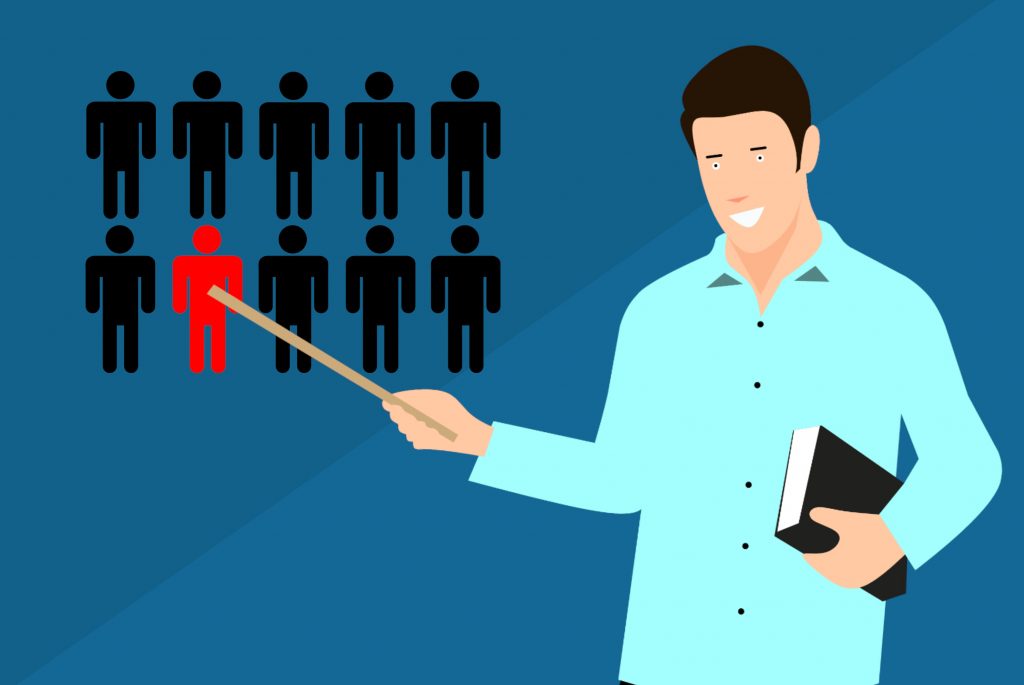Despite their popularity, there's no scientific evidence that humans divide neatly into personality 'types' or that online questions can identify what makes you tick.
Are you a Type One or Type Five? A red or a blue? INTP or ESFJ? Into personality tests or have no idea what we’re talking about right now? However they slice it, tests like Enneagram, ColorCode and Myers-Briggs all claim that identifying your (or your partner's, friend's or colleague's) personality ‘type’ will give you important information that can help you succeed.
Many users have indeed self-reported that discovering the key traits of themselves and other people in their lives has led to more compatible romantic relationships or better new hires or more harmonious work teams. And several workplaces have jumped on the trend. One survey of American companies found that 13 percent used personality tests while hiring, more than used any job-task simulatulation or roleplay.
In theory, this means personality tests could be great for people and their economies. Feeling understood and being given work you're well-suited to correlates with being happier, healthier and more productive. But there's a big problem with almost all these personality tests. There’s absolutely no scientific evidence that they are accurate. One study found that when participants took the Myers-Briggs test twice in five weeks, half of them would end up with a different ‘personality’. (A major exception to this is the ‘Big 5’ test, which is used by actual psychologists and academics).
That means decisions based off personality tests are far from guaranteed to give the desired results. And that has consequences. If basing hiring and promoting on personality tests means missing out on the best candidate for the job, companies won’t be as profitable or innovative or well-run as they could be. Plus, most of us would consider it unfair for for the rejected applicants.
Then again, workplace decisions are already so filled with (often unintentional) bias, that removing personality tests may not lead to the 'best' person getting the job regardless. You could even argue that it’s possible that interviewers who put a lot of stock in a candidate's personality traits (like leadership, say) may be less inclined to make assumptions about their qualities based on their social grouping (like their gender, for example).
Read our explainer on: where our preferences come from.

